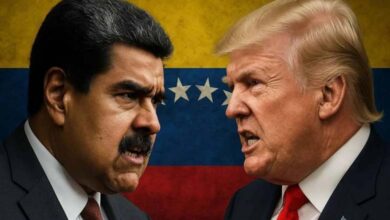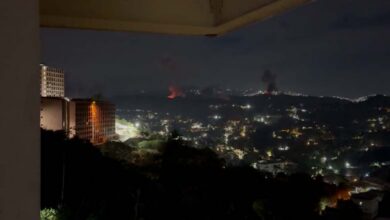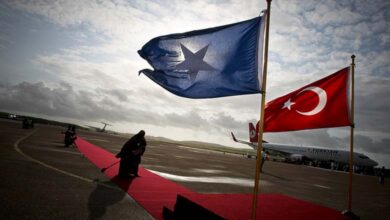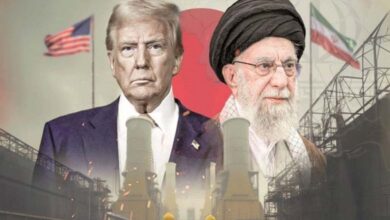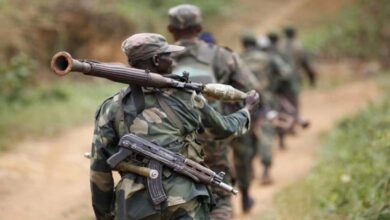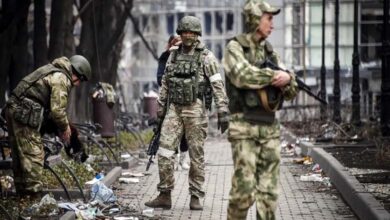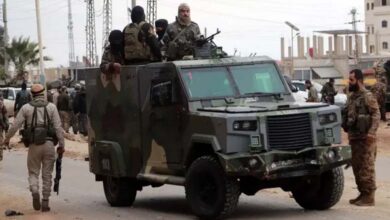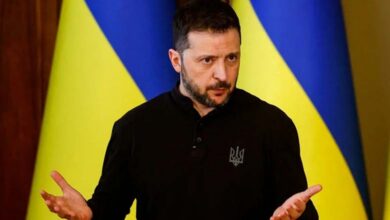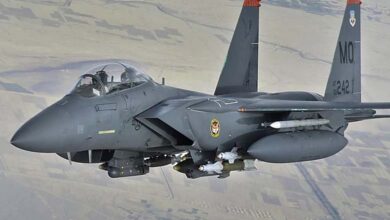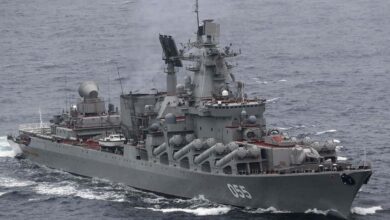Signs of Tension between Turkey and Algeria Over Participation of ‘Separatist’ Kurds in a Tindouf Conference
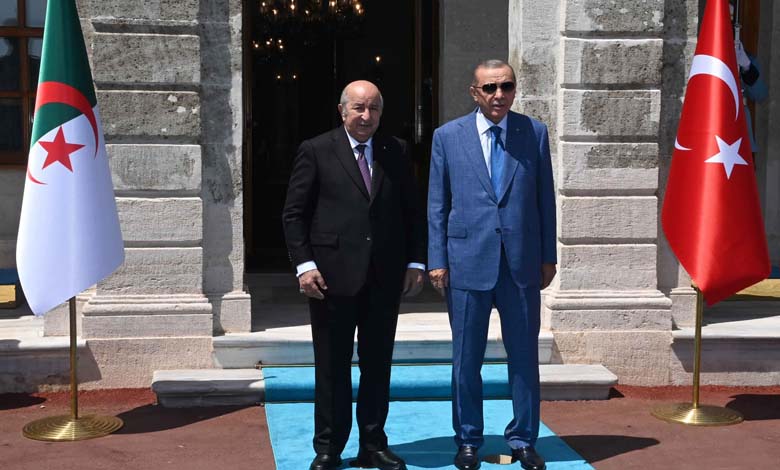
Turkish media accuse Algeria of supporting a conference organized by the Polisario Front, attended by supporters of Kurdish organizations classified as “terrorist” by Ankara.
This week, Algeria hosted members of the Kurdistan Workers’ Party (PKK) in Syria and the Kurdish People’s Protection Units (YPG) during a conference organized by the Polisario Front at the Tindouf camp in the country’s southwest. This move is unlikely to go unanswered by Ankara, especially as Turkish media blame the Algerian regime for supporting Kurdish separatists. This development comes as Turkey prepares to intensify its campaign against organizations it labels as “terrorist,” relying on its close ties with the new Syrian administration.
-
Increase of tensions between Algeria and Turkey
-
Morocco and Mauritania Explore New Avenues for Military Cooperation
The Turkish website Clash Report stated that “this conference could not have been held without the approval of Algerian authorities,” noting that Algeria supports the Polisario Front and provides political backing to its leaders as part of its efforts to prolong the conflict over the Moroccan Sahara.
The report also revealed that Swedish activist Greta Thunberg was among the conference participants. She is known for promoting the PKK and the YPG, which Ankara views as an extension of the PKK. Turkey frequently targets their strongholds in Syria and northern Iraq. Activists from Germany who are supportive of separatist movements also participated in the event.
-
“The Snare of the Trap” Documents Algeria’s Cross-Border Violations
-
Algeria Offers Aid in Exchange for Closing the Case of Defective Fuel
According to the same source, two Swedish activists of Algerian origin, Benjamin Ladraa and Sana Gutbi, played a key role in organizing the conference. They work for an association supporting the Polisario Front and other separatist movements.
This development comes as Algeria faces accusations of supporting separatist movements under the guise of advocating for a so-called “right to self-determination.” Meanwhile, international reports highlight deteriorating freedoms in Algeria, with many activists and human rights defenders describing the country as a “large prison” due to the increasing repression of opponents of President Abdelmadjid Tebboune.
-
Algerian Interest in News of Mali’s Tuaregs Reflects Bias toward Separatists
-
Algeria Blocks Census of Tindouf Residents for Fear of Exposing Polisario Corruption
This issue recalls the diplomatic crisis that erupted last year between Bamako and Algiers, leading to a break in relations after Algeria hosted a delegation of Tuareg separatists without involving Mali’s ruling military council. Bamako accused Algeria of supporting separatists and canceled the 2015 peace agreement, brokered by Algiers, after it failed to yield tangible results.
Observers believe that Turkish-Algerian relations are now at risk following the Tindouf conference, as Ankara prepares for a decisive confrontation with Syrian Kurdish groups it labels as “terrorist.”
-
Gulf Mediation for Morocco-Iran Reconciliation Alarms Algeria
-
Extension of MINURSO Mission: Diplomatic Victory for Morocco and Setback for Algeria
Turkish President Recep Tayyip Erdogan had vowed, following Bashar al-Assad’s fall, to end the Kurdish rebellion, stating that Kurdish fighters had only two options: “lay down their arms or be buried with them.”
The future of relations between Algeria and the new Syrian leadership remains unclear following the fall of Bashar al-Assad’s regime, which Algeria had supported against opposition factions.


